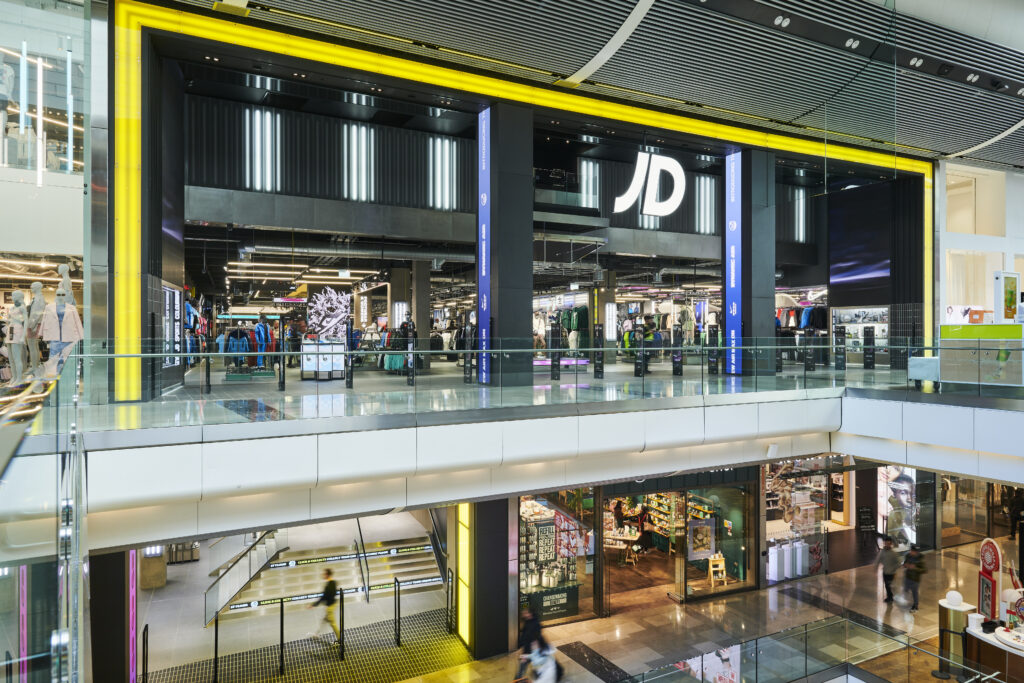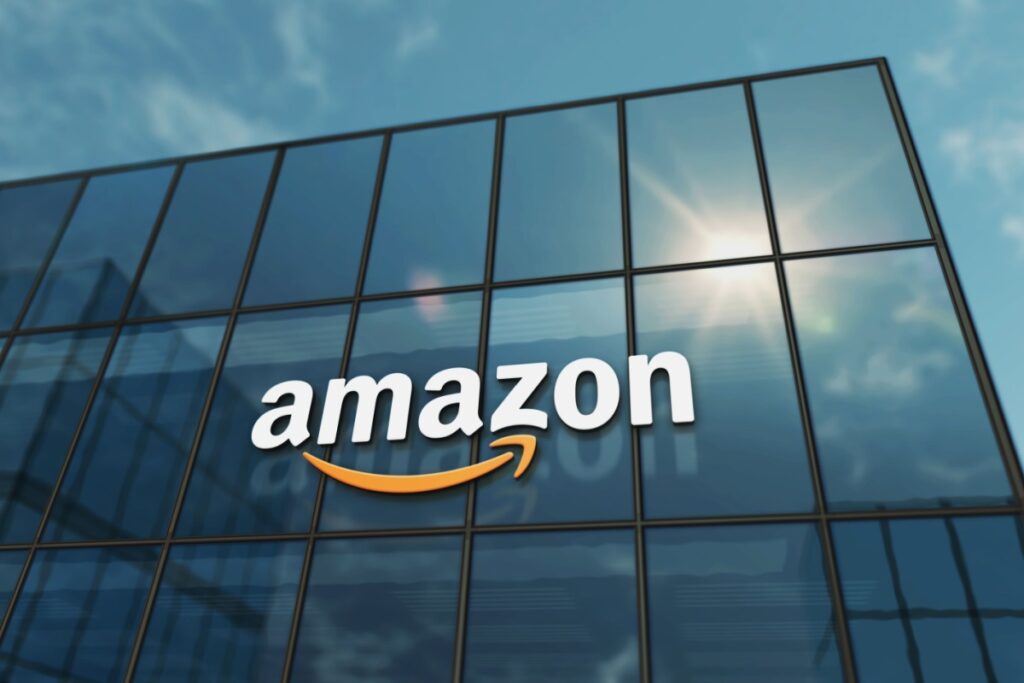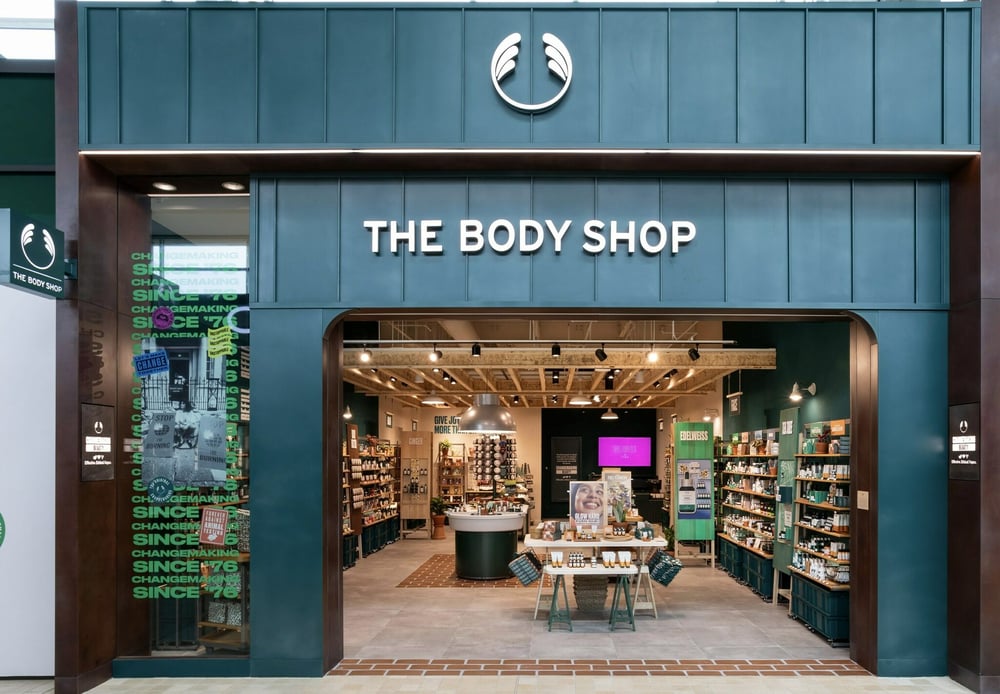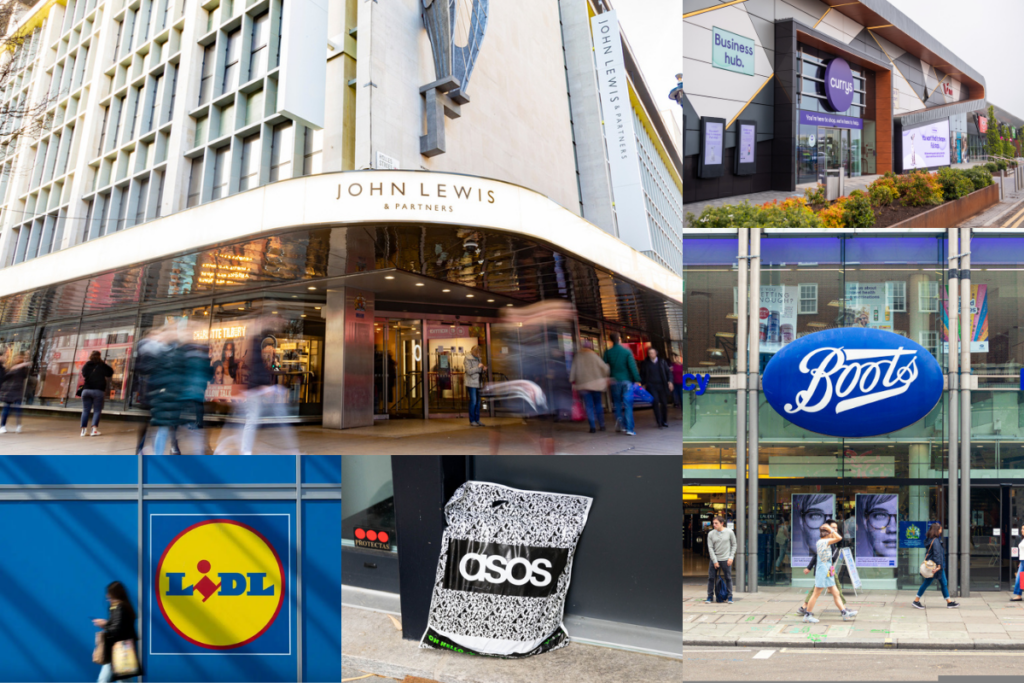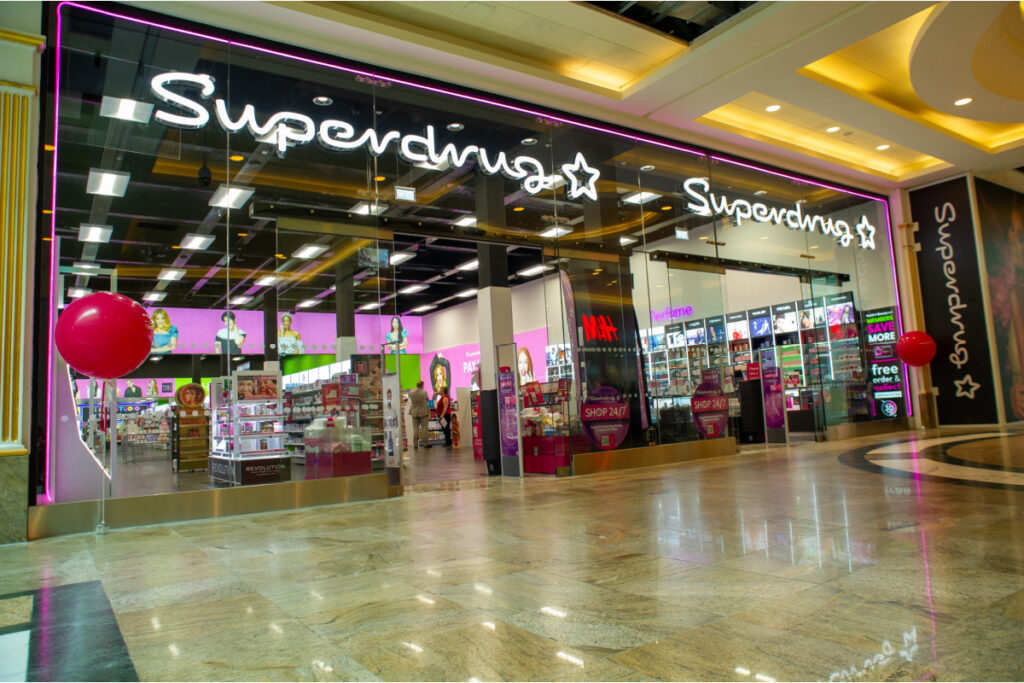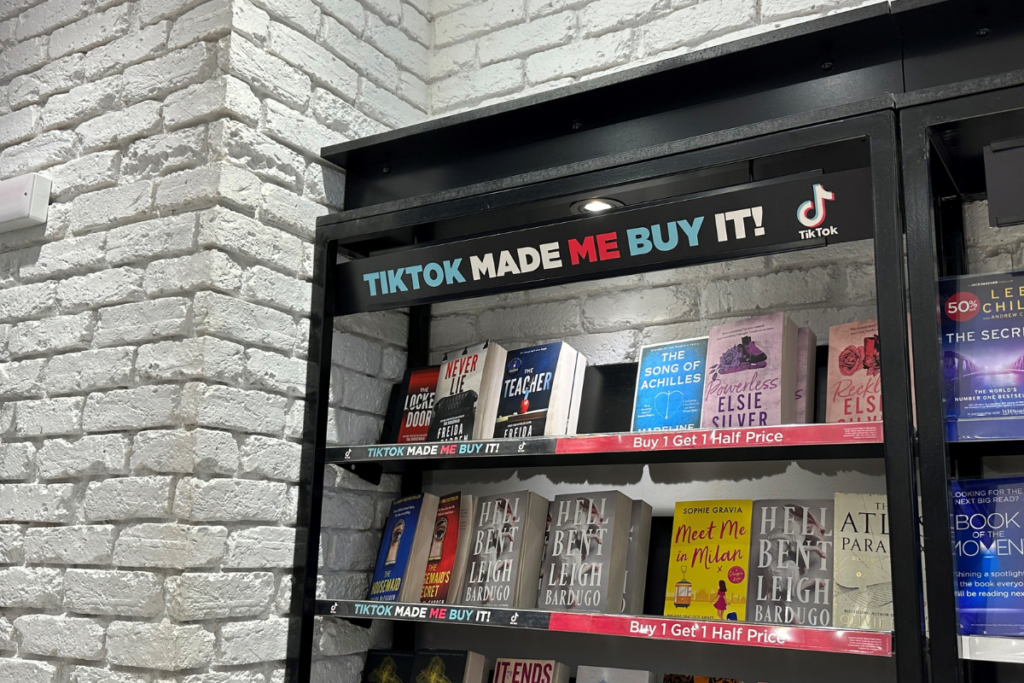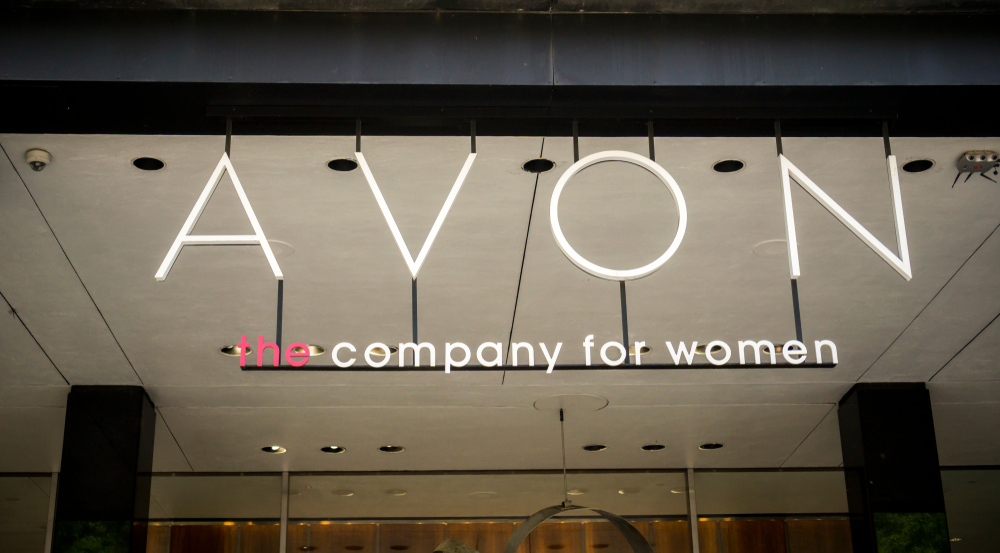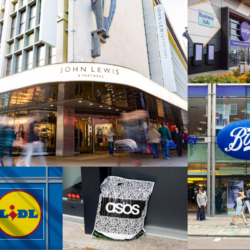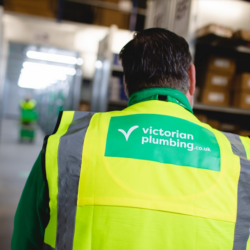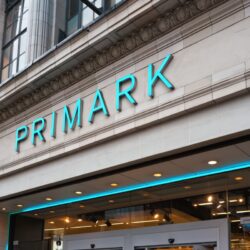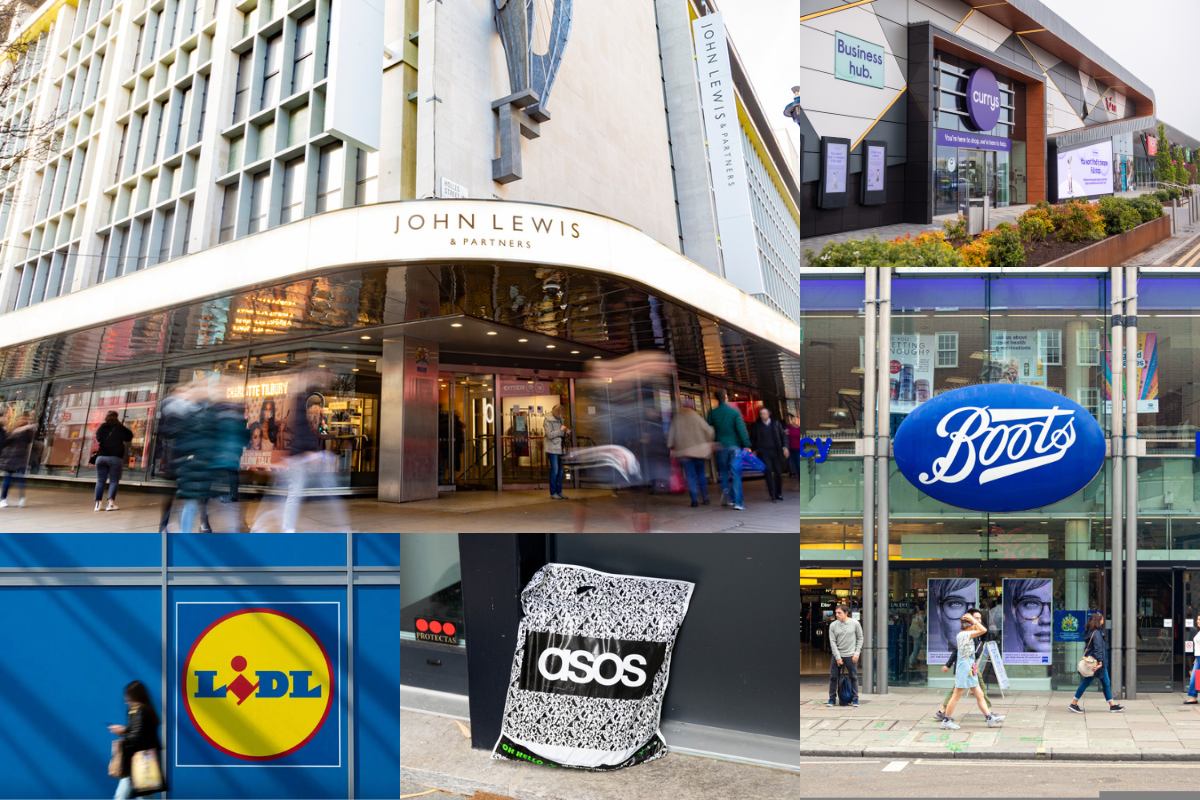Last month, THG’s first quarter sales jumped thanks to the “standout performance” of its beauty business.
Beauty sales surged 11.1%, driven by a “notably strong” performance in the UK and THG boss Matt Moulding said the business’ “high quality, loyal customer base bringing greater profitability per order”.
The stellar performance comes after THG embarked on a new strategy of delivering more sustainable growth by focusing on higher margin sales, and reducing the number of orders that do not hit its target profitability.
Its focus on immediate profitability over longer payback, mean it now fulfils more orders closer to its global distribution hubs, driving further economies of scale. This means the UK is a far greater focus.
THG Beauty CEO Lucy Gorman says: “The UK used to be between 55% to 65% of revenues. However, it now comprises 70% to 75% of our revenue stream.”
Gorman says to “own its position” in the UK, it has pulled back on both price and marketing investment in other European territories “where we perhaps don’t have as much right to win from a infrastructure perspective”.

High growth categories
Gorman is a THG lifer, joining the business in 2012 as a health and beauty ecommerce assistant during her placement year of university. She has risen through the ranks rapidly, leading its Glossybox and LookFantastic beauty box business before helming the MyProtein owner’s nutrition arm and them taking over all of beauty division in 2022.
She describes the UK market as “extremely robust at the minute” and cites Boots and Superdrug’s recent strong performance.
“There’s an element of us taking advantage of maintaining share in a growing market,” she says. “Based on the numbers, we did gain some market share in Q1 and a lot of that is down to us having a much sharper focus on that UK proposition and really owning our core categories of haircare and skincare.”
Within these categories, the big focus is dermatological skincare – its fastest-growing skincare category – and fragrance, which Gorman says is an area that it has “typically underplayed in so is under-indexed”. THG has been building out its range and assortment in these areas.
This renewed focus is clearly playing off with the group gaining share in fragrance each quarter of the last year, supported by the launch of 10 new niche fragrance brands as it “leans into becoming category leaders in that space”.
Subscribe to Retail Gazette for free
Sign up here to get the latest news straight into your inbox each morning
She says its Dermstore retail facia, which it acquired back in 2021 for $350m from Target, holds “a significant portion of revenues” in its skincare business.
It saw “strong growth” from the business, which specialises in the professional skincare category, in the first quarter and Gorman believes it is well-positioned to capitalise on what she terms a “growth trend”.
She highlights that L’Oreal reported over 25% growth in dermatological skincare in the first half of last year, adding that various market indicators point to growth rates here are potentially double that of broader categories.
It is also looking to “evolve the customer proposition” so its brands can better diagnose skin issues and find products specific to fit customer needs.
Tough competition
Within beauty, there are a host of players, including long-standing brands and new names eager to take a piece of the market.
Last year, Sephora made its long-awaited return to the UK after the cosmetics giant exited the market after 17 years.
Gorman believes the beauty giant is “doing a great job”. However, she adds: “To us online, it’s not a new presence. It’s simply taken over FeelUnique and I wouldn’t say that it is any more of a threat today than it’s ever been.”
“I know that its offline strategy is working very well, I hear that it’s smashing all targets in stores.” However, she insists it is not “necessarily direct competitor to our pureplay offerings in CultBeauty and LookFantastic”.
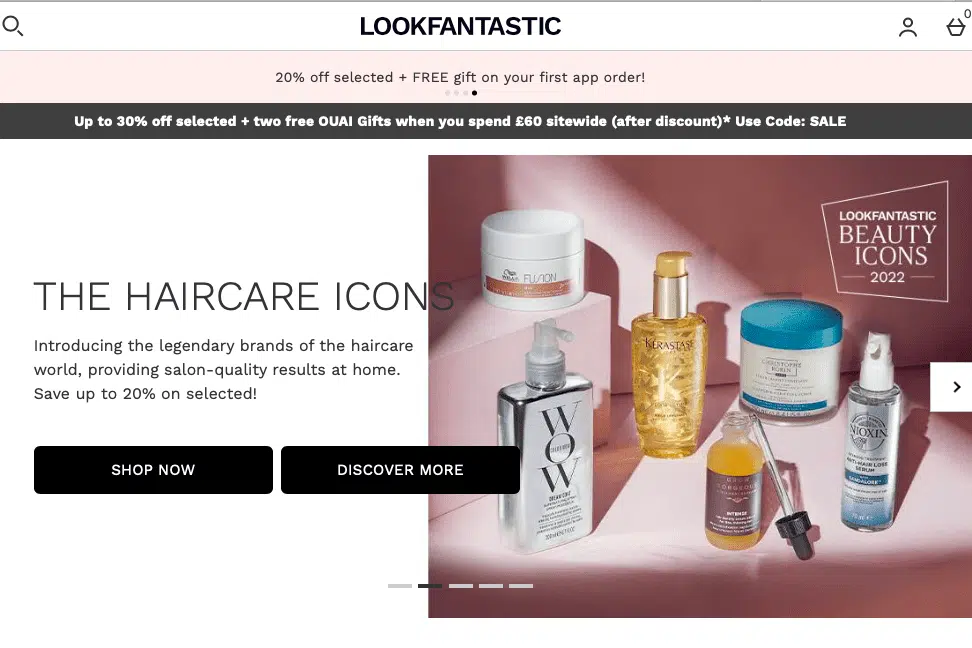
Gorman is not clearly not letting the competition get to her, as she pushes ahead with her three-year plan to deliver “more sustainable growth”.
She further explains that many of THG Beauty’s initiatives that were launched in late 2022 and early 2023 are now starting to bear fruit.
However, shoppers can expect much more in the way of new launches, as well as it investing and evolving its proposition to help them find the right products.
Fundamentally, focusing on its core market and giving customers there what they really want is helping to beautify THG’s P&L.
Click here to sign up to Retail Gazette‘s free daily email newsletter



